Two identical positive charges are placed at x=−a and x=a. The correct variation of potential V along the x-axis is given by




The correct Answer is:A
Step by step video, text & image solution for Two identical positive charges are placed at x=-a and x=a. The correct variation of potential V along the x-axis is given by by Physics experts to help you in doubts & scoring excellent marks in Class 12 exams.
Topper's Solved these Questions
- BOOK - MTG GUIDECHAPTER - ELECTROSTATICSEXERCISE - AIPMT/NEET (MCQ.s)34videos
ELECTROSTATICS
- BOOK - MTG GUIDECHAPTER - ELECTROSTATICSEXERCISE - NEET ITALS1videos
ELECTROSTATICS
- BOOK - MTG GUIDECHAPTER - ELECTRONIC DEVICESEXERCISE - AIPMT/NEET (MCQs)42videos
ELECTRONIC DEVICES
- BOOK - MTG GUIDECHAPTER - MAGNETIC EFFECTS OF CURRENT AND MAGNETISMEXERCISE - AIPMT/NEET (MCQs)48videos
MAGNETIC EFFECTS OF CURRENT AND MAGNETISM
Similar Questions
Two identical positive charges are kept as shown in Fig < 0 x a The variation of electric field intensity E along x-axis is given by (The electric field intensity towards positive x-axis is taken as positive)
View SolutionTwo point charge ±q are placed on the axis at x=−a and x=±a, as shown in fig.
(i) Plot the variation of E along the x-axis.
(ii) Plot the variation of E along the y-axis.
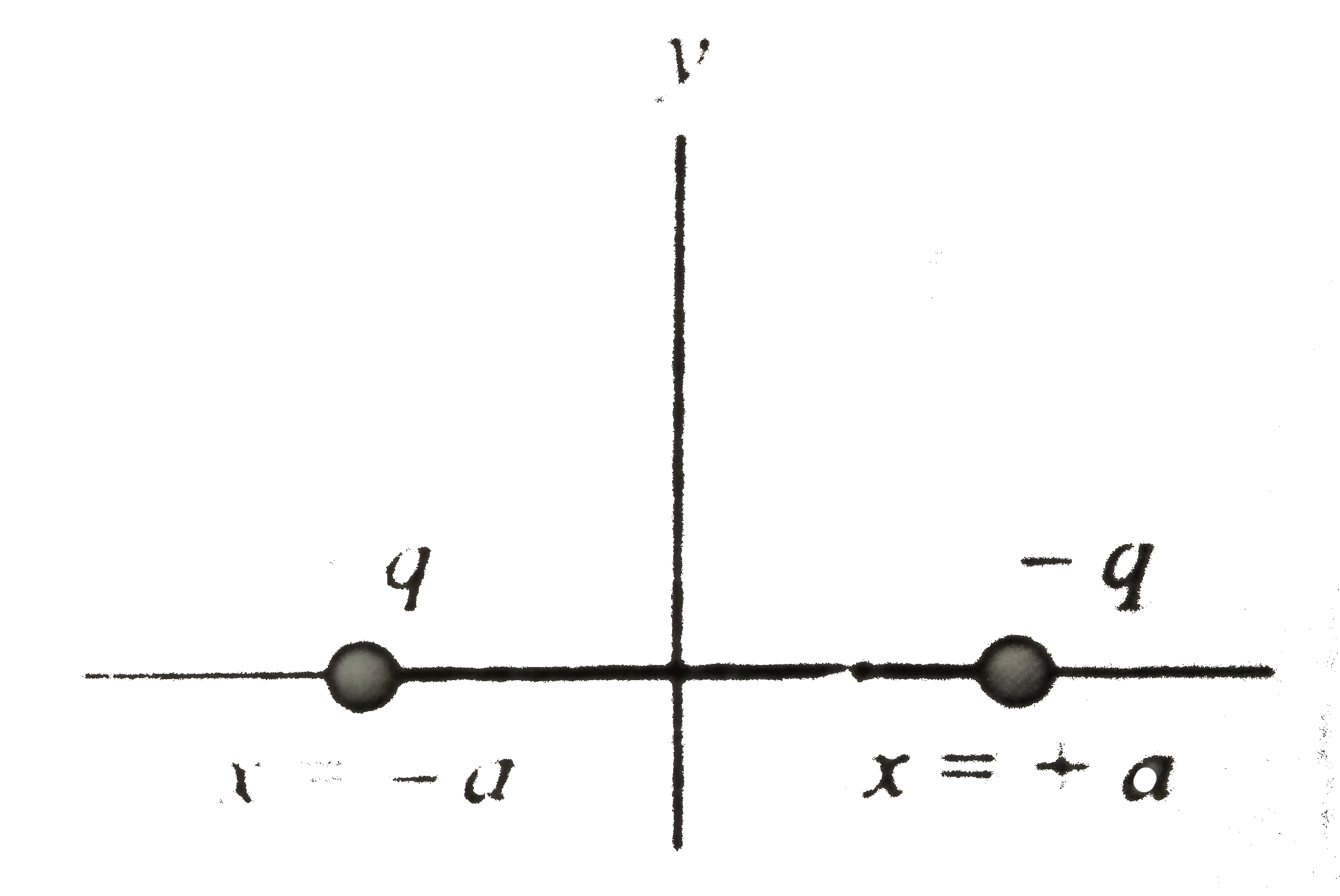 View Solution
View Solution
Knowledge Check
- Question 1 - Select One
A particle free to move along x-axis is acted upon by a force F=−ax+bx2whrteaandbarepositiveconstants.For ximplies0, the correct variation of potential energy function U(x) is best represented by.
A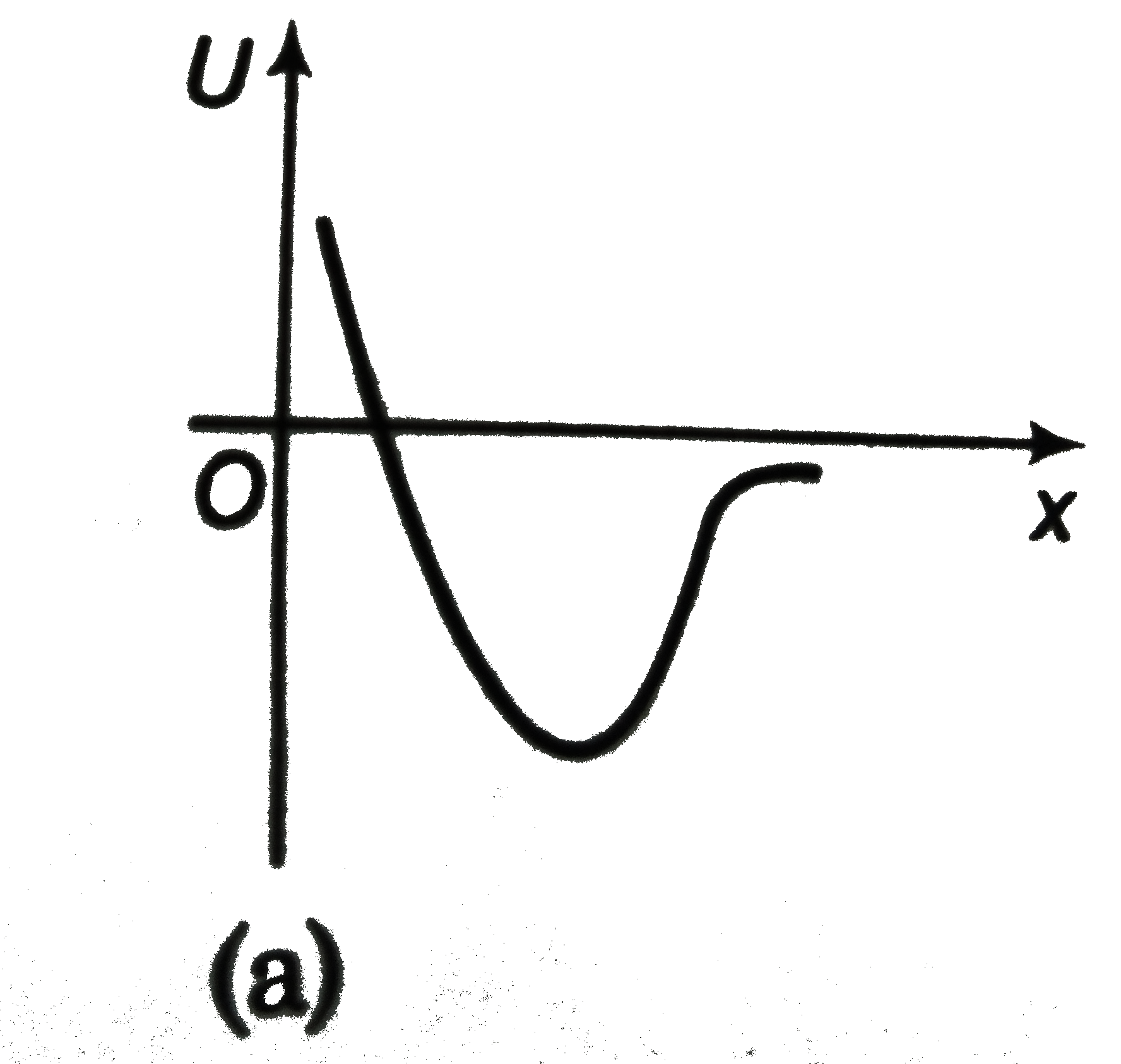 B
B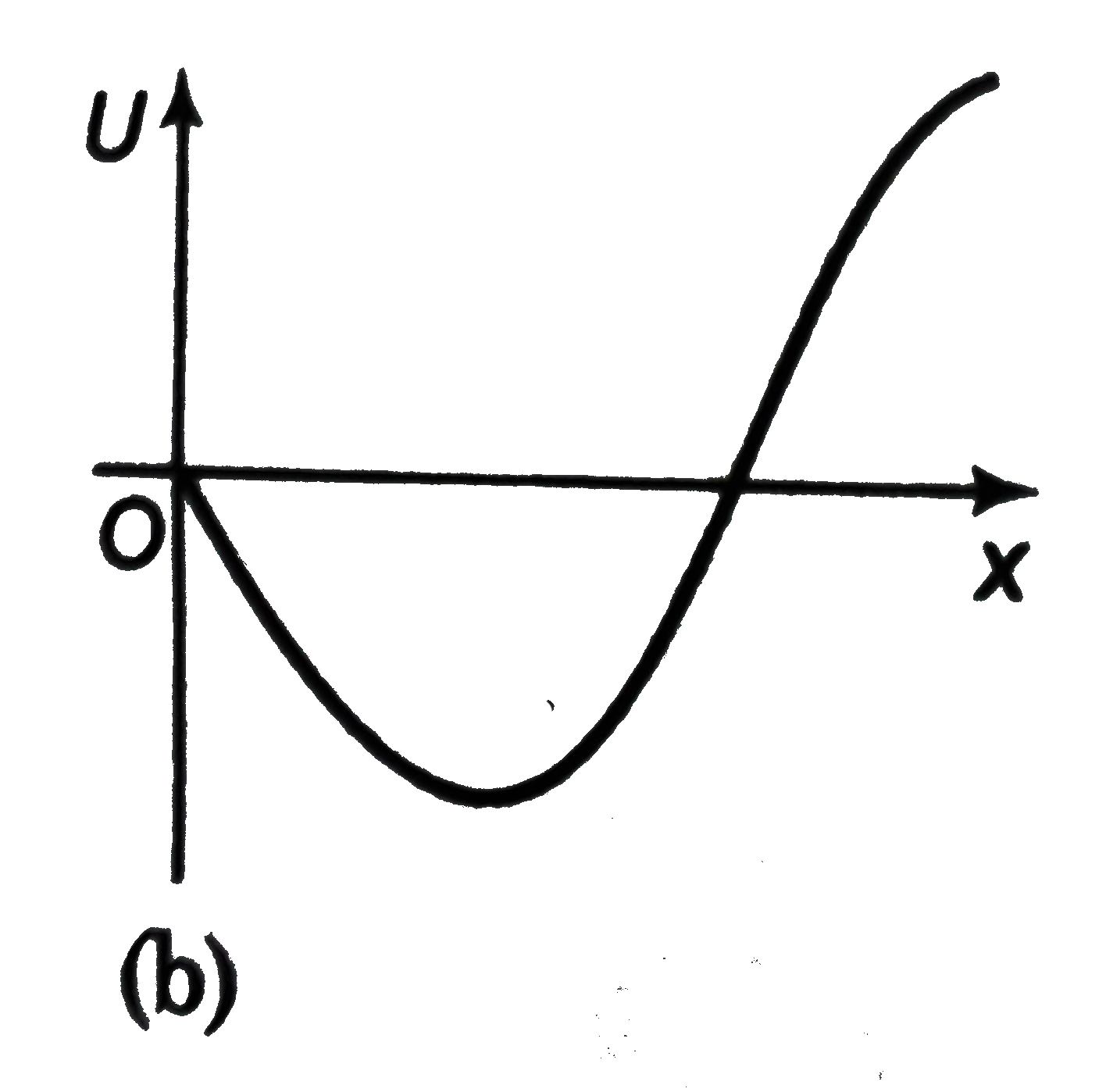 C
C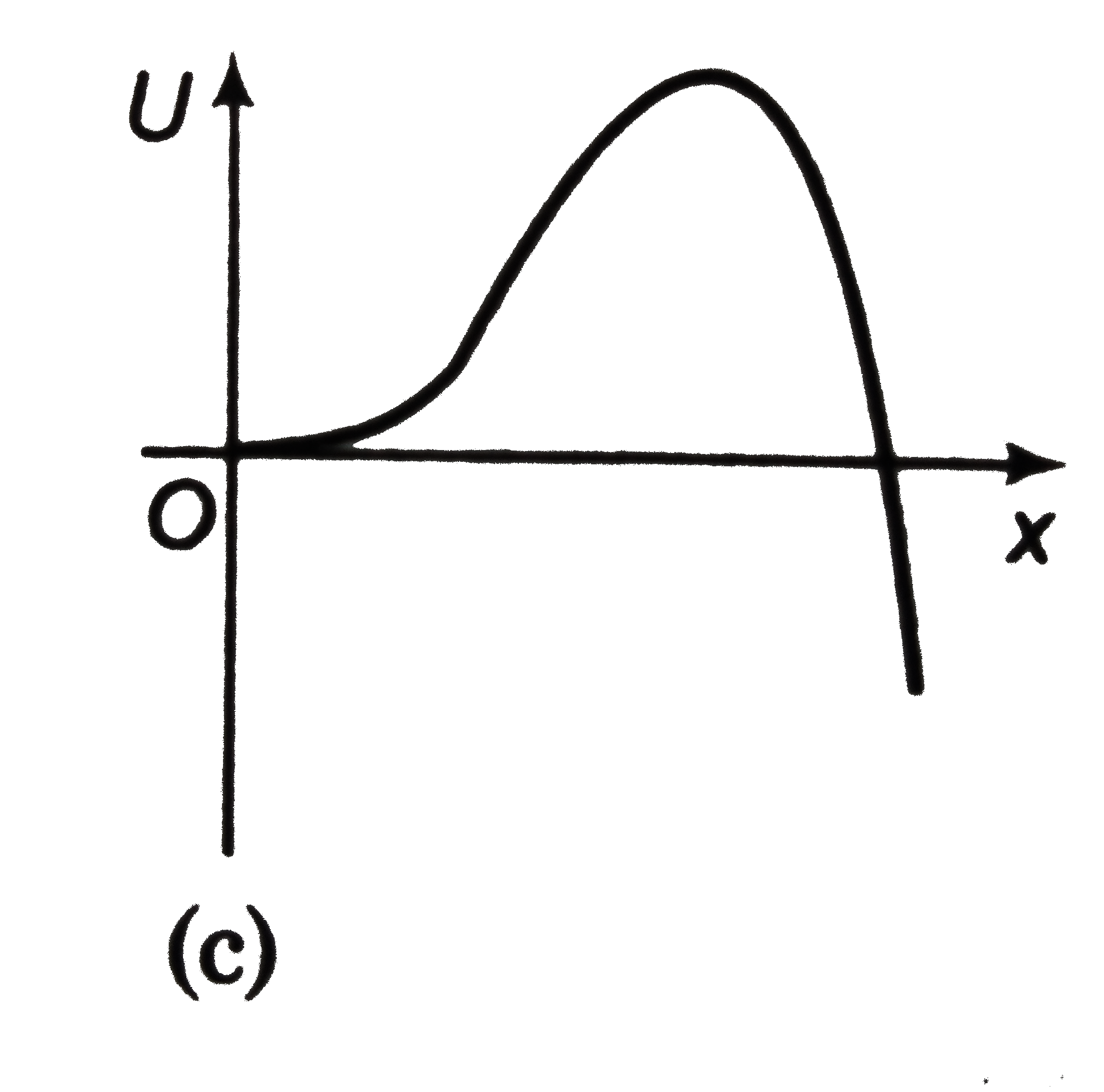 D
D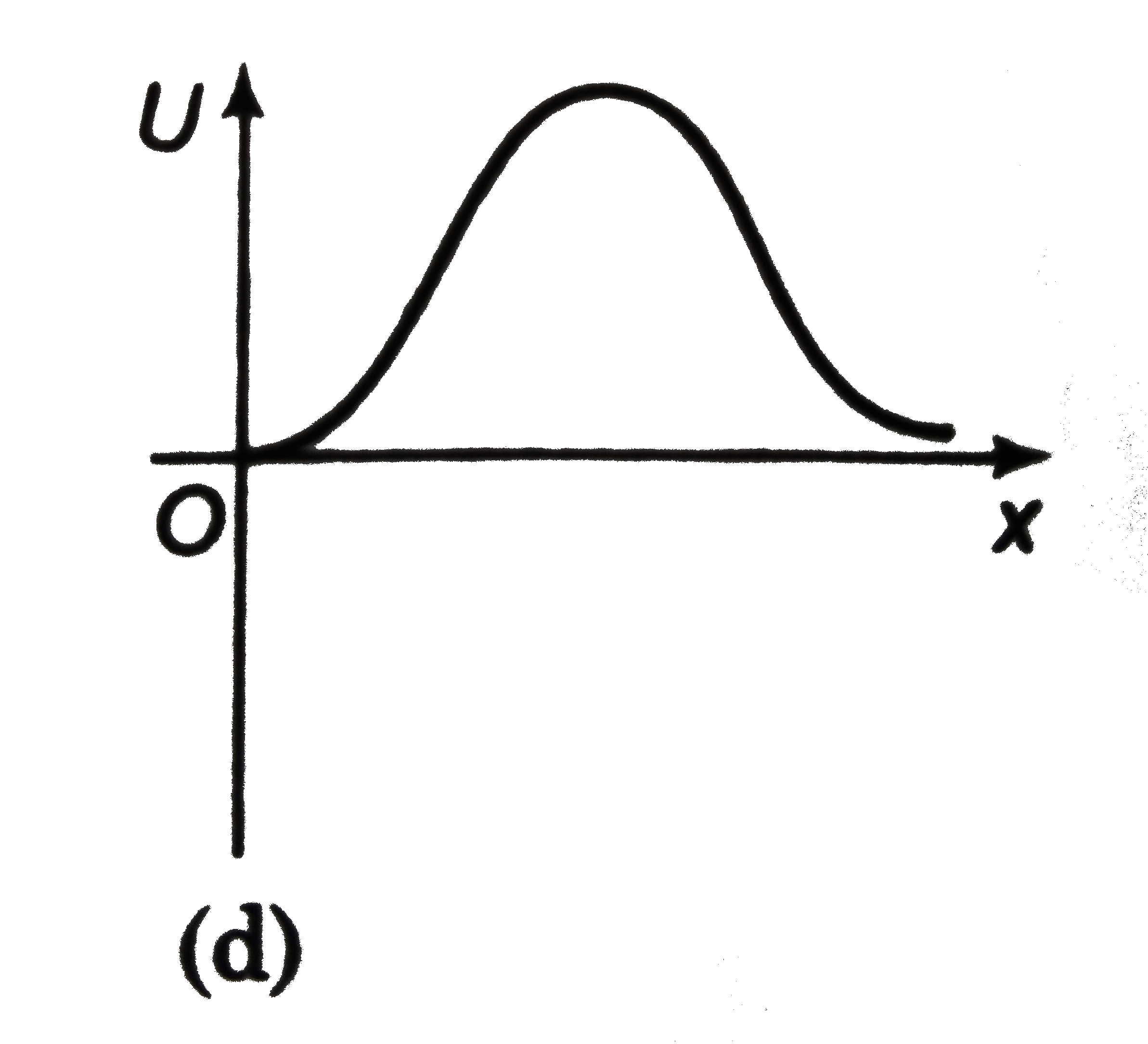
- Question 2 - Select One or More
Two point charges (Q each are placed at (0,y) and (0-y) A point charge q of the sme polarity can move along the x-axis. Then
Athe force on q is maximum at x=±y/√2Bthe charge q is in equilibrium at the originCthe charge q performs an oscillatory motion about the originDfor any position of q other than origin the force is directed away from origin - Question 3 - Select One
Four identical charges are placed at the four vertices of a square lying in YZ plane. A fifth charge is moved along X axis. The variation of potential energy (U) along X axis is correctly represented by
A B
B C
C D
D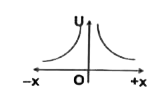
Two identical positive charges Q each are placed on the x axis at point (-a,0) and (a,0) A point charge of magnitude q is placed at the origin. For small displacement along x axis, the charge q executes simple harmonic motion if it is poitive and its time period is T1. if the charge q is negative, it perform oscillations when displaced along y axis. in this case the time period of small oscillations is T2. find T1T2
View SolutionTwo identical positive charges are fixed on the y-axis, at equal distances from the origin O. A particle with a negative charges starts on the x-axis at a large distance from O. moves along the x-axis passes through O, and moves far away from O on the other side. Its acceleration a is taken as positive along its direction of motion. Plot acceleration a of the particle against its x-coordinate.
View SolutionTwo equal point charges are fixed at x=−a and x=+a on the x-axis. Another point charge Q is placed at the origin. The change in the electrical potential energy of Q, when it is displaced by a small distance x along the x-axis, is approximately proportional to
View SolutionTwo fixed charges −2Q and Q are locatted at the points with coordinates ( -3 a, 0) and (+3 a, 0) prespectively in the X−Y plane .
The expression for the potential V(x) at a general point on the x-axis is given by .View SolutionTwo identical spherical balls, each of mass m, are placed as shown in figure. Plot the variation of g(gravitation intensity) along the x-axis due to both the masses.
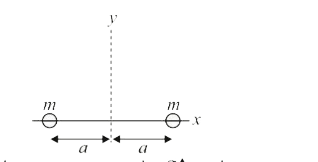 View Solution
View Solution

